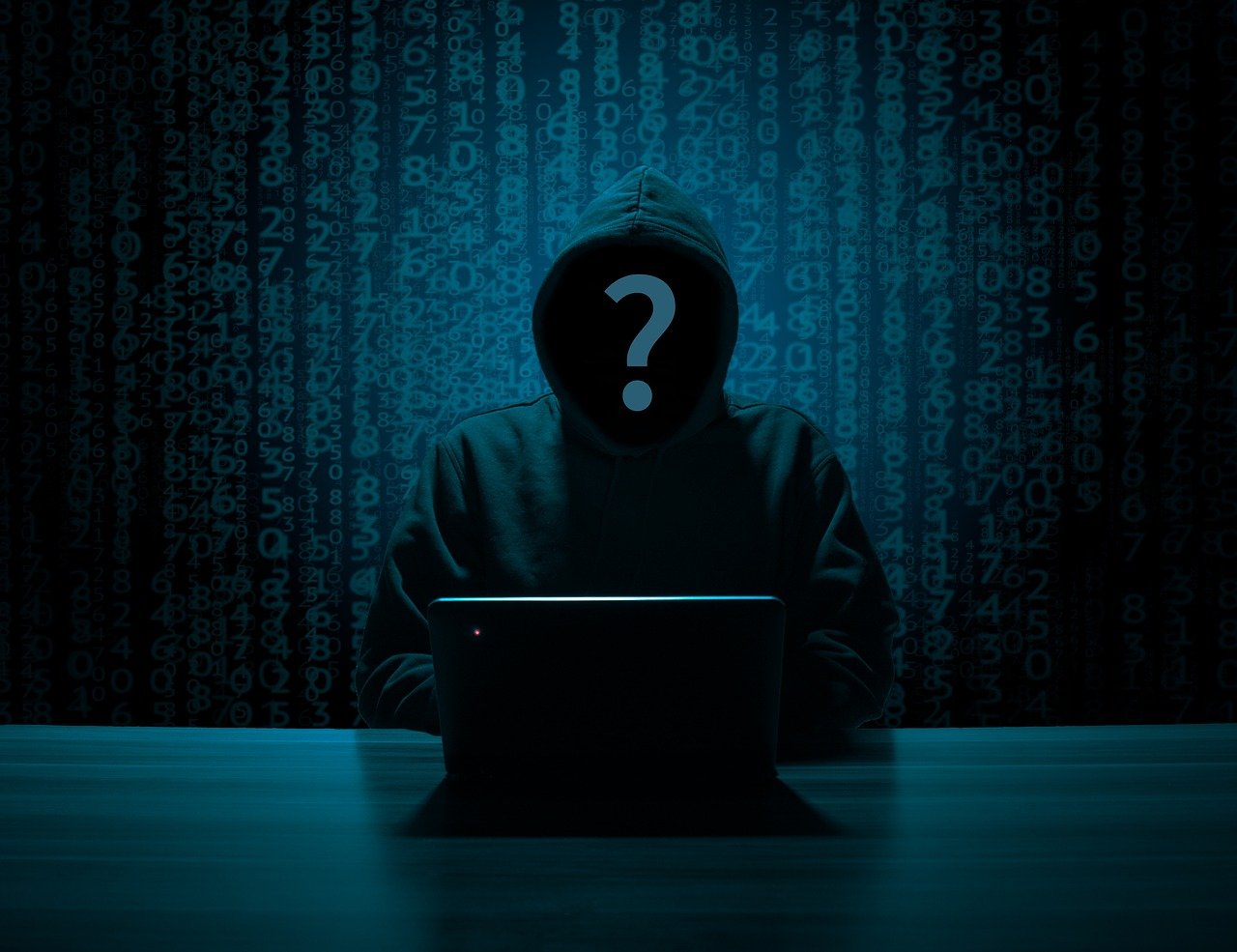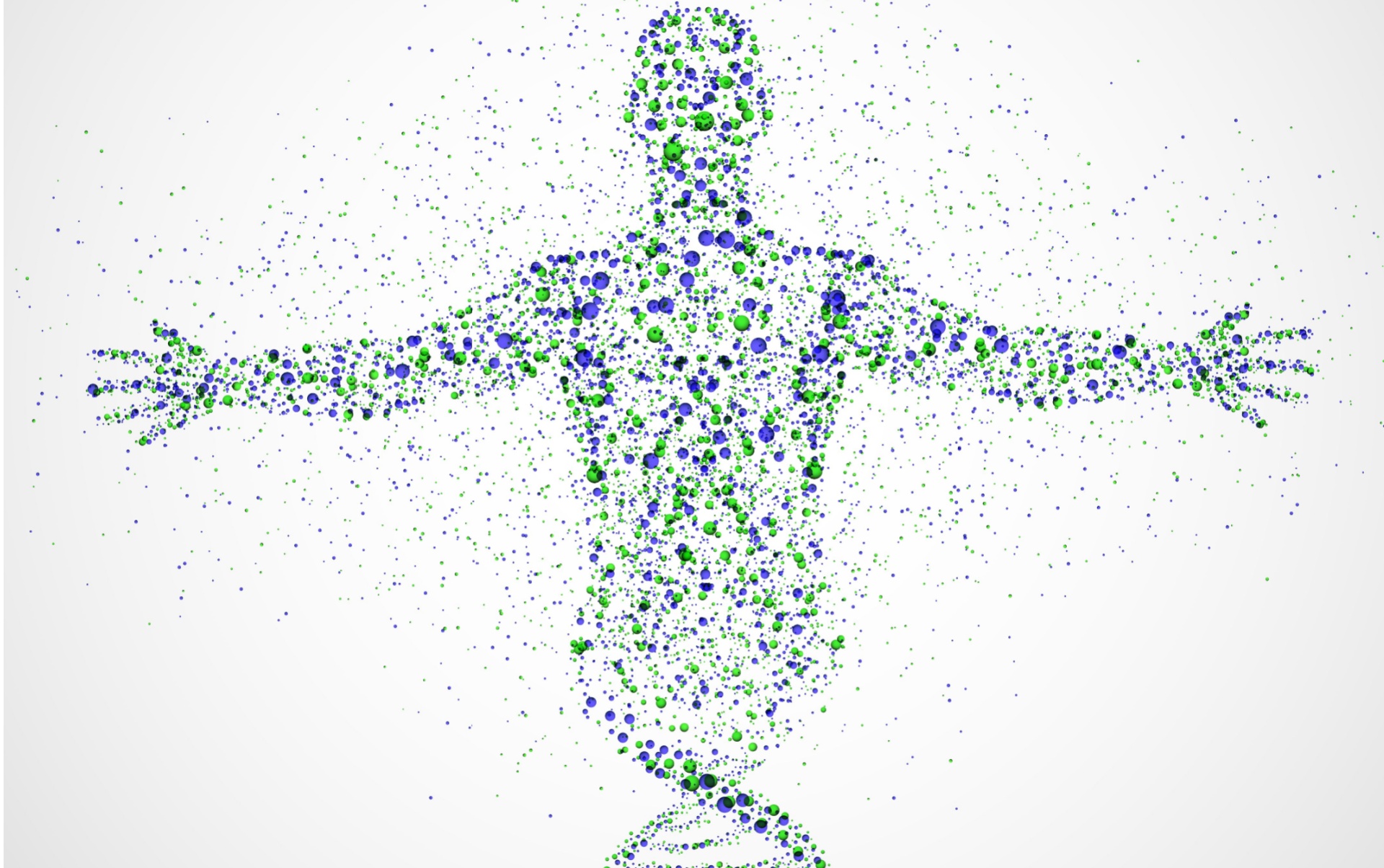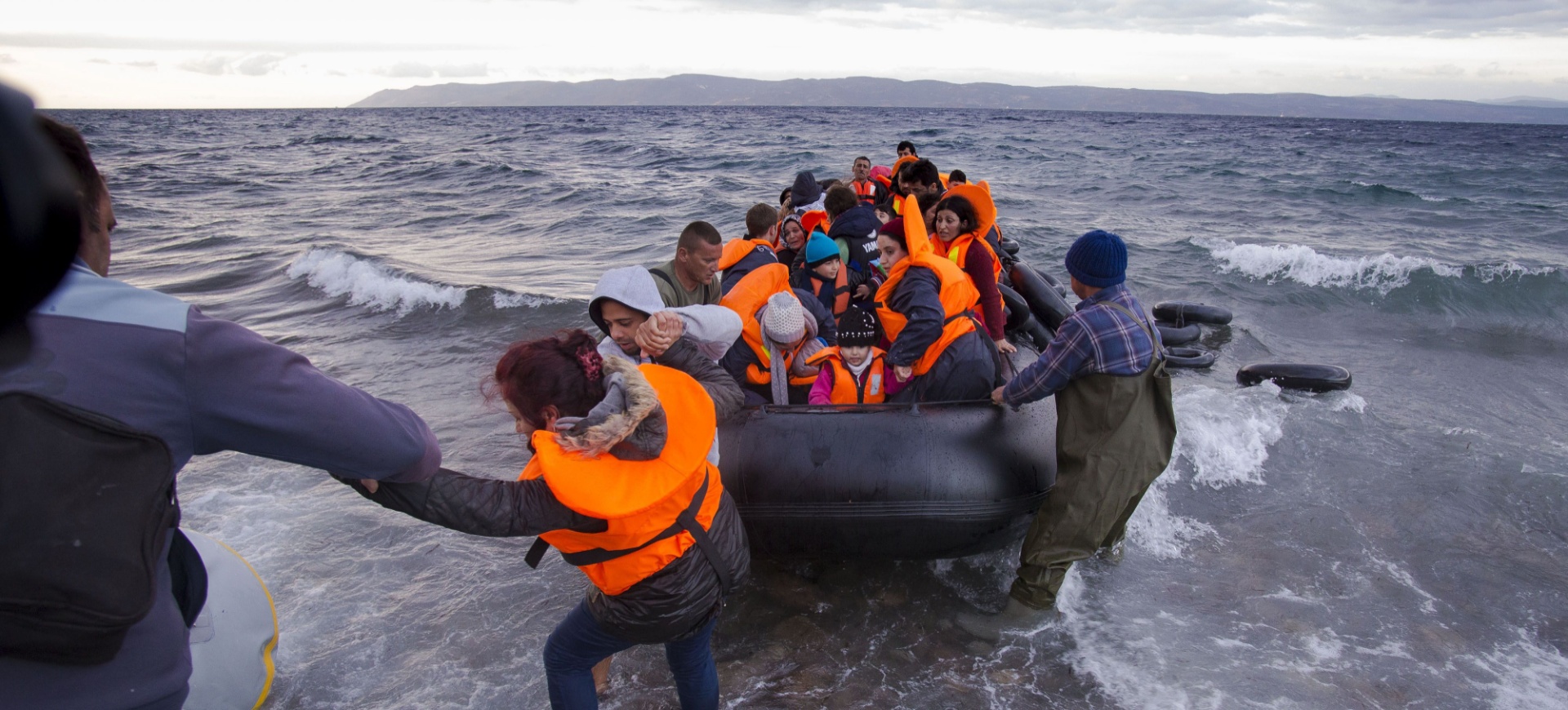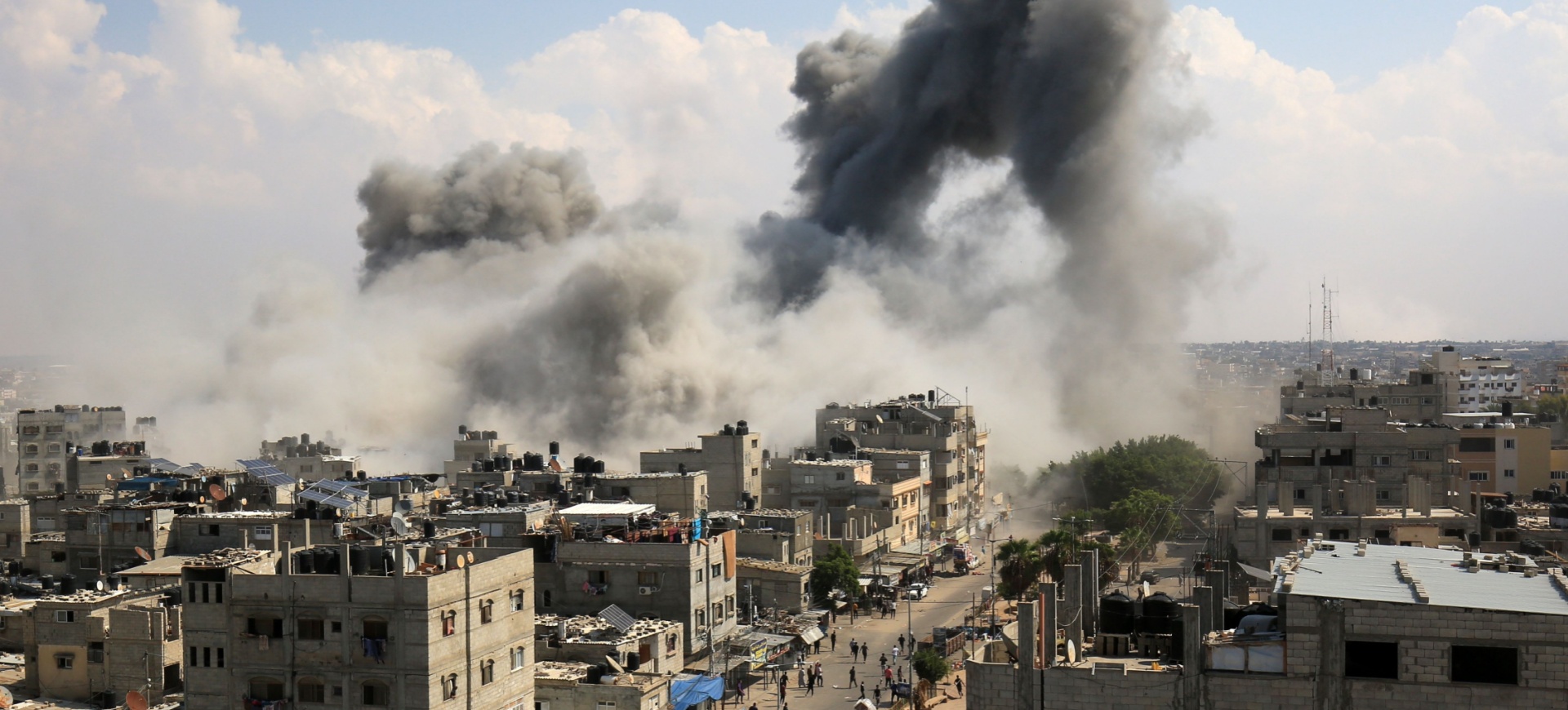The whole story
There is an ongoing and sinister battle for narratives that is endangering our democratic structures, as Carl Gershman, president, National Endowment for Democracy, explains to editor John Kirton
How severe is the threat of foreign interference in democratic elections?
It’s not only serious and severe – it’s growing. It takes the form of cyberattacks and disinformation operations. There was a time when election monitoring meant upholding electoral standards. Now it means dealing with external threats that did not exist before.
How have democratic countries been working to respond?
So far there have been limited initiatives. The European Union’s East StratCom Task Force focuses on disinformation, which intensifies in pre-election periods. At the 2018 Charlevoix Summit, the G7 called for a Rapid Response Mechanism to strengthen the capacity of democracies to deal with these problems. The current COVID-19 crisis could shake the complacency about the security of democracy. Josep Borrell, the EU’s high representative, talks about a “battle of narratives” between democracy and authoritarianism. The beginning of a response to this problem by the democratic countries is to recognise that such a battle actually exists.
What successes have the existing measures had before the COVID-19 crisis struck?
The most interesting case is Taiwan. Before its election in January 2020, it was subject to 30 million cross-border cyberattacks a month. With the help of civil society, Taiwan has become effective in responding to Chinese trolling operations modelled on the Russian Internet Research Agency in St Petersburg that tried to manipulate the 2016 US presidential election. Such operations now franchise their interference by paying local groups to spread disinformation on social media, making it look like the messages are indigenous. Taiwan offers a model for how to respond to these problems. Of course, it faces an existential threat from China and so has marshalled the political will to defend itself. But these problems are not unique to Taiwan, and other democracies should study the Taiwan model.
How is the National Endowment for Democracy working to help?
We work with international organisations and networks to promote greater cooperation and information sharing between government and civil society. We help groups such as the Doublethink Lab in Taipei and Proekt in Moscow, which has exposed Russian interference in elections in Africa and Latin America, as well as a group called the Insider, which focuses on Russian interference in Europe. CNN reported in early 2020 on the Internet Research Agency’s operation in Ghana called Eliminating Barriers for the Liberation of Africa that employed Ghanaians, who didn’t know they were working for Russia, to send racist disinformation to the United States to stoke racial division and undermine the cohesiveness of American society. The EBLA compound was raided by Ghanaian security services, after which Facebook and Instagram took down some platforms. It’s very important that internet companies do not allow themselves to be used by such operations.
How are G7 efforts to respond to COVID-19 being exploited?
The East StratCom Task Force reported on a coordinated disinformation campaign by state-backed actors alleging the pandemic was caused by minorities and that the European Union is on the verge of collapse. China has tried to promote the idea that COVID-19 was started by the United States, even though it’s well known that it started in Wuhan as early as November 2019. Indeed, China violated the International Health Regulations by allowing millions to leave the city for two months before it was locked down in January. Such propaganda, as well as Chinese efforts now to share humanitarian aid, are part of this battle of narratives – and also a cover-up.
How can we respond to disinformation campaigns about COVID-19?
Countries are understandably concerned with the internal crisis caused by the pandemic. But they cannot neglect the battle of narratives.
How can G7 leaders help?
G7 mechanisms such as the Rapid Response Mechanism should be used to develop a response. There needs to be greater vigilance about the flow of under-the-table funds across borders to groups and political parties, as well as the spread of disinformation and hate speech. Sharing best practices on civic education campaigns to promote media literacy, such as those in Estonia and Finland, is also important. In addition, regional and other bodies should deploy cybersecurity teams to assess risk and provide capacity for election authorities to defend against hacking and identify vulnerabilities in the adoption of electronic electoral technologies. The G7 should also call for transparency of electorally related data on social media platforms regarding political ads and bots aimed at manipulating political opinion. And it should call for greater cooperation between government and civil society in defending democratic elections, looking at the Taiwan model. The most interesting investigative work is coming from civil society, and the G7 should study that.
Should G7 ministers responsible for digitalisation and public safety meet?
Absolutely! That should be done as a matter of course. This is an unusual moment. People are coming to realise that democracy is under threat – it’s not just electoral interference but also systematic efforts to sow distrust and increase political and social polarisation. This crisis can increase G7 cooperation and also help create the political will to act. But meaningful action will require careful preparation, and there needs to be real cooperation, not just declarations.
This interview took place on 13 April 2020











